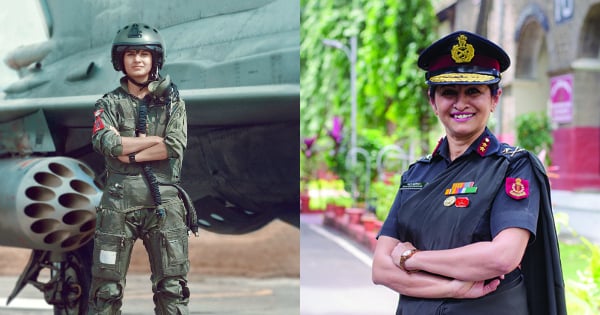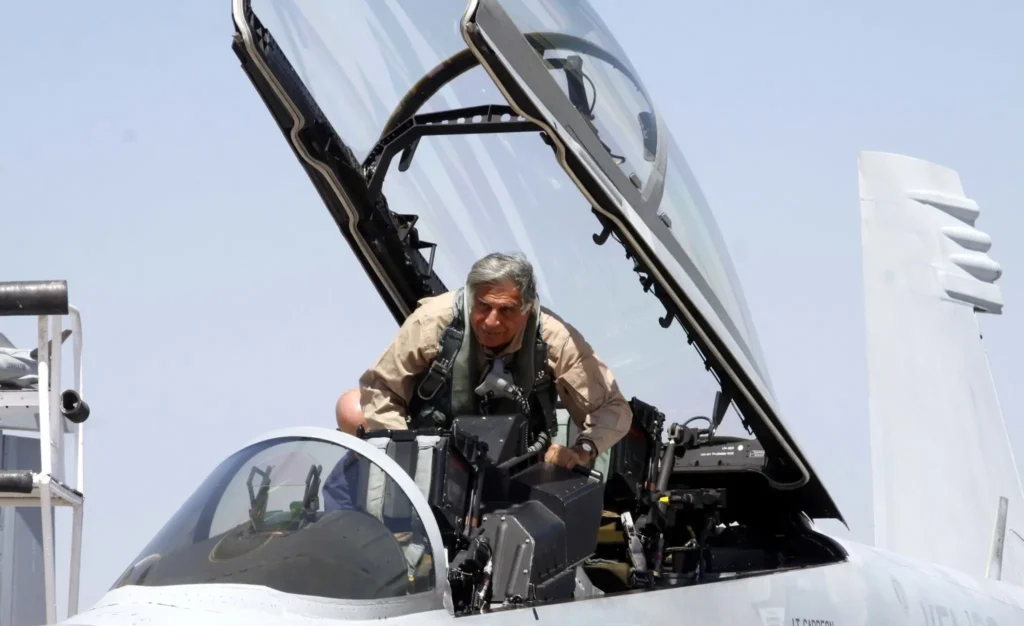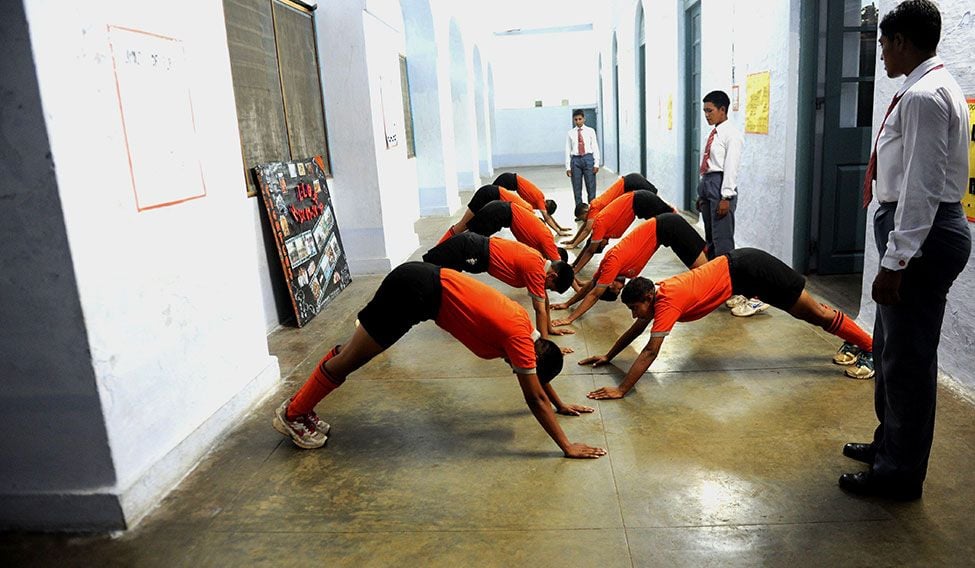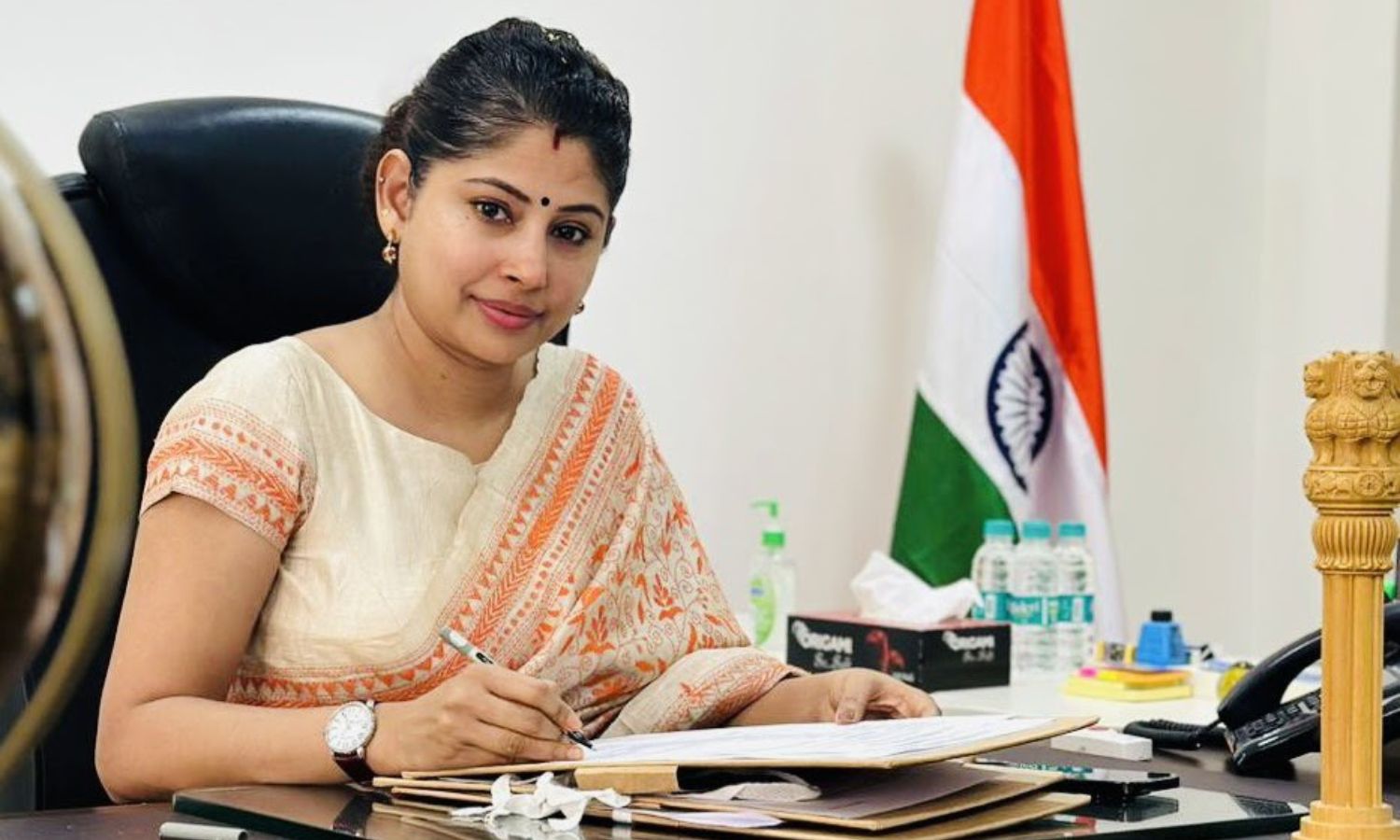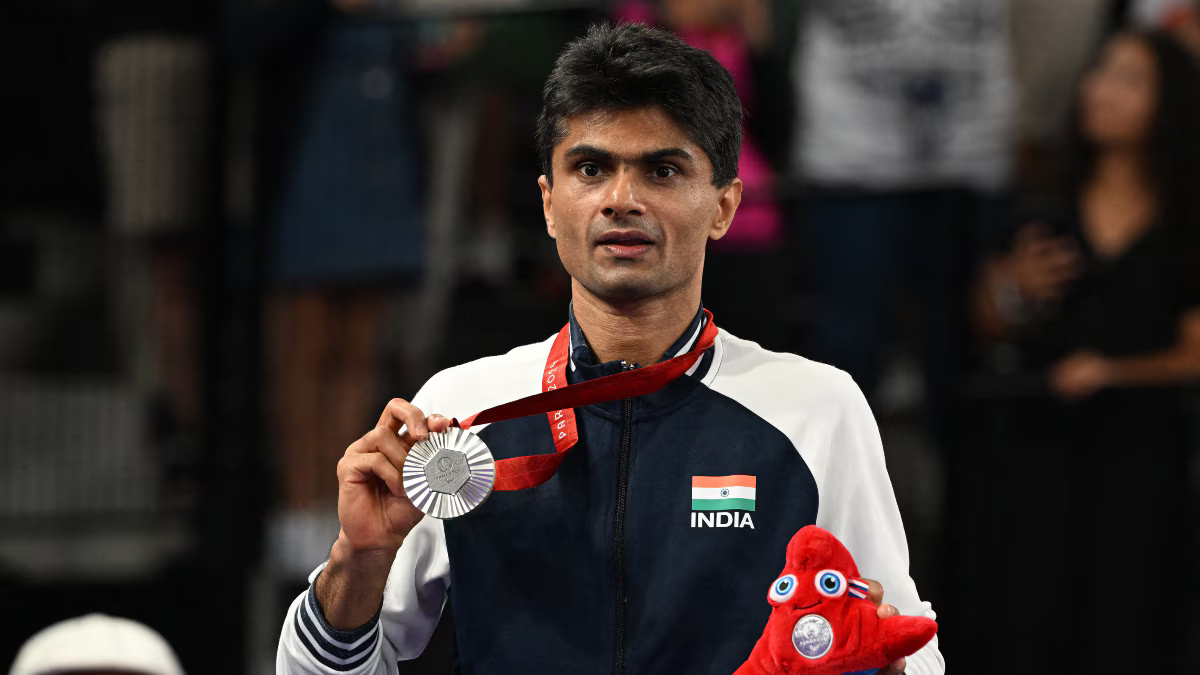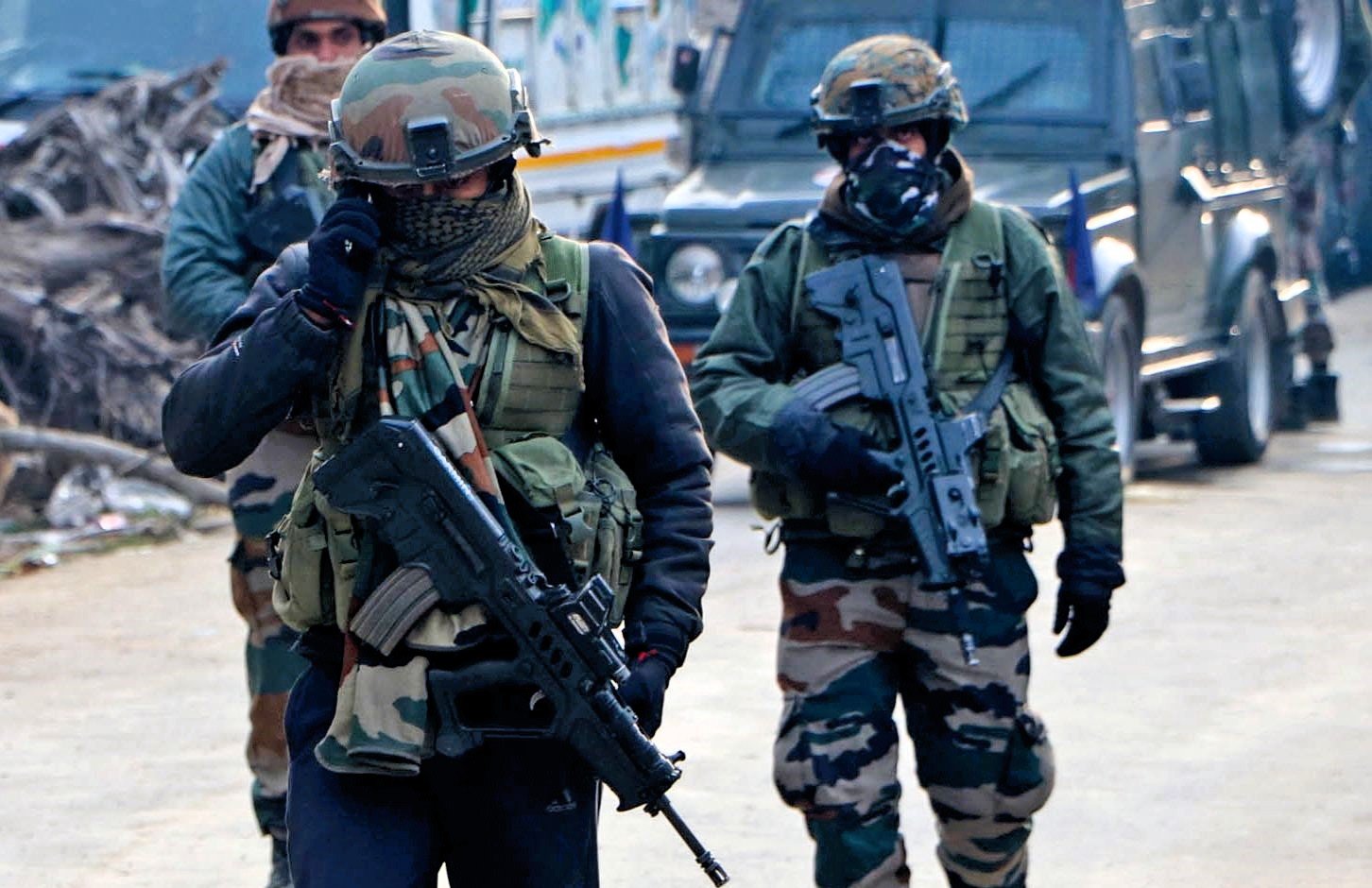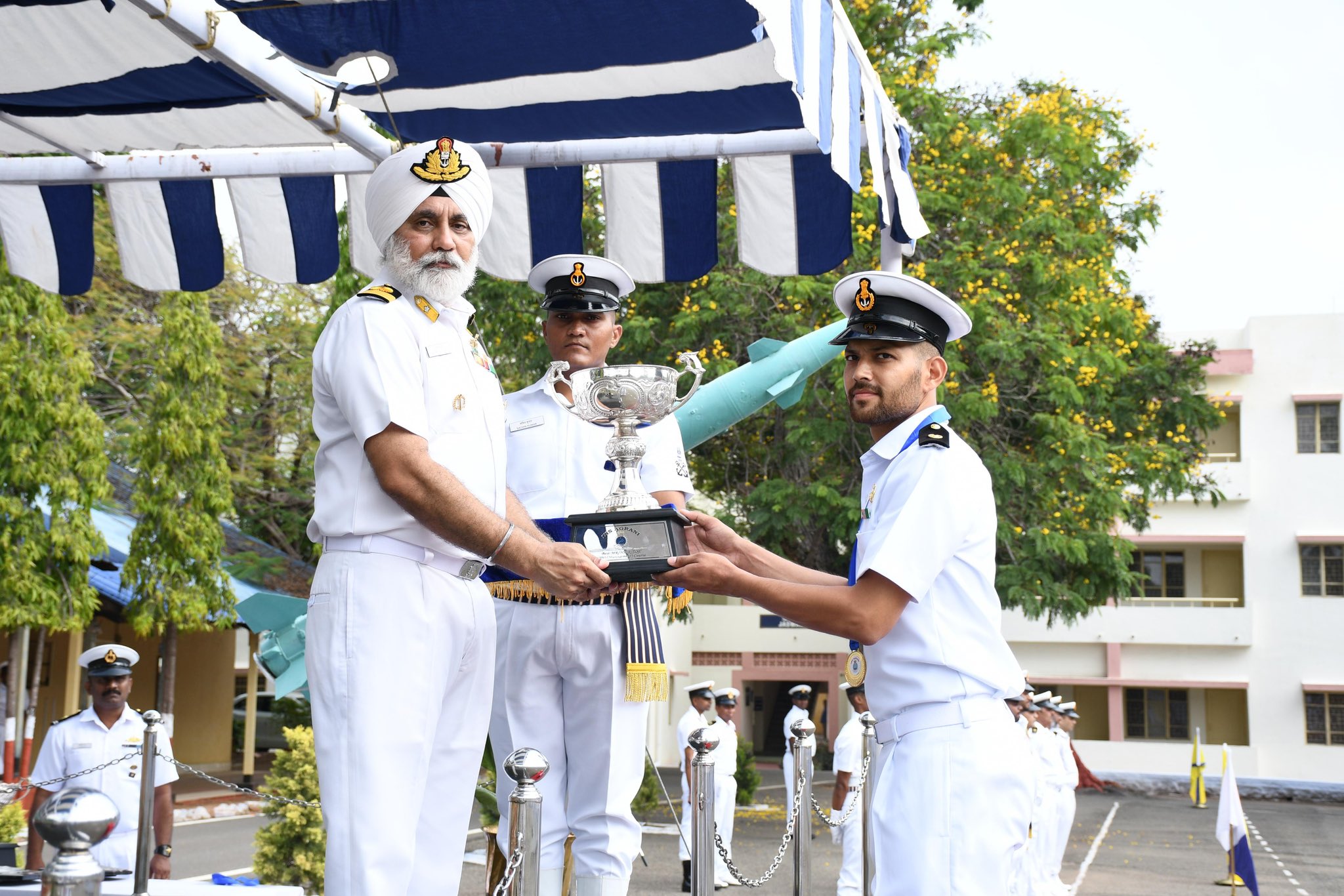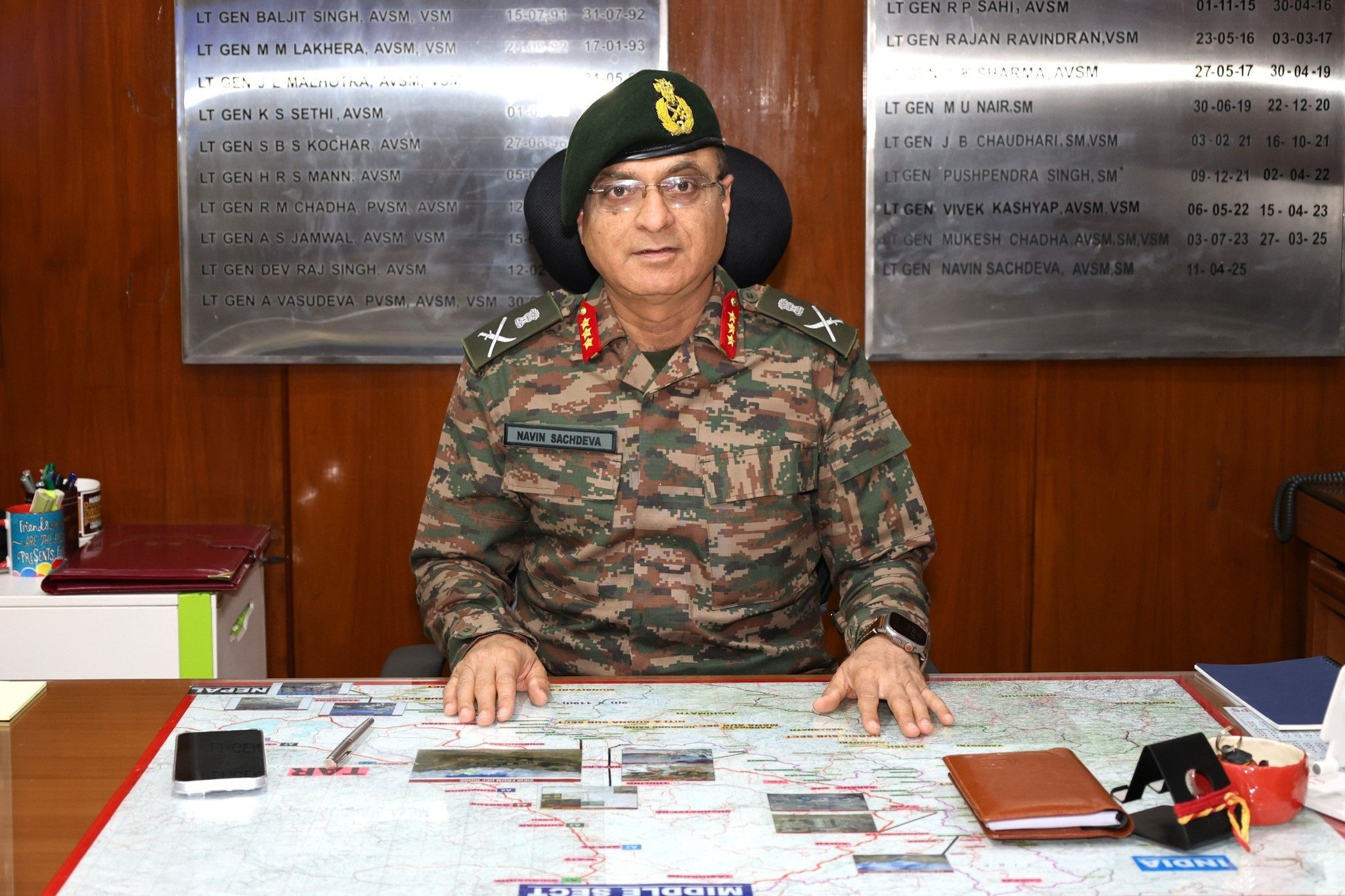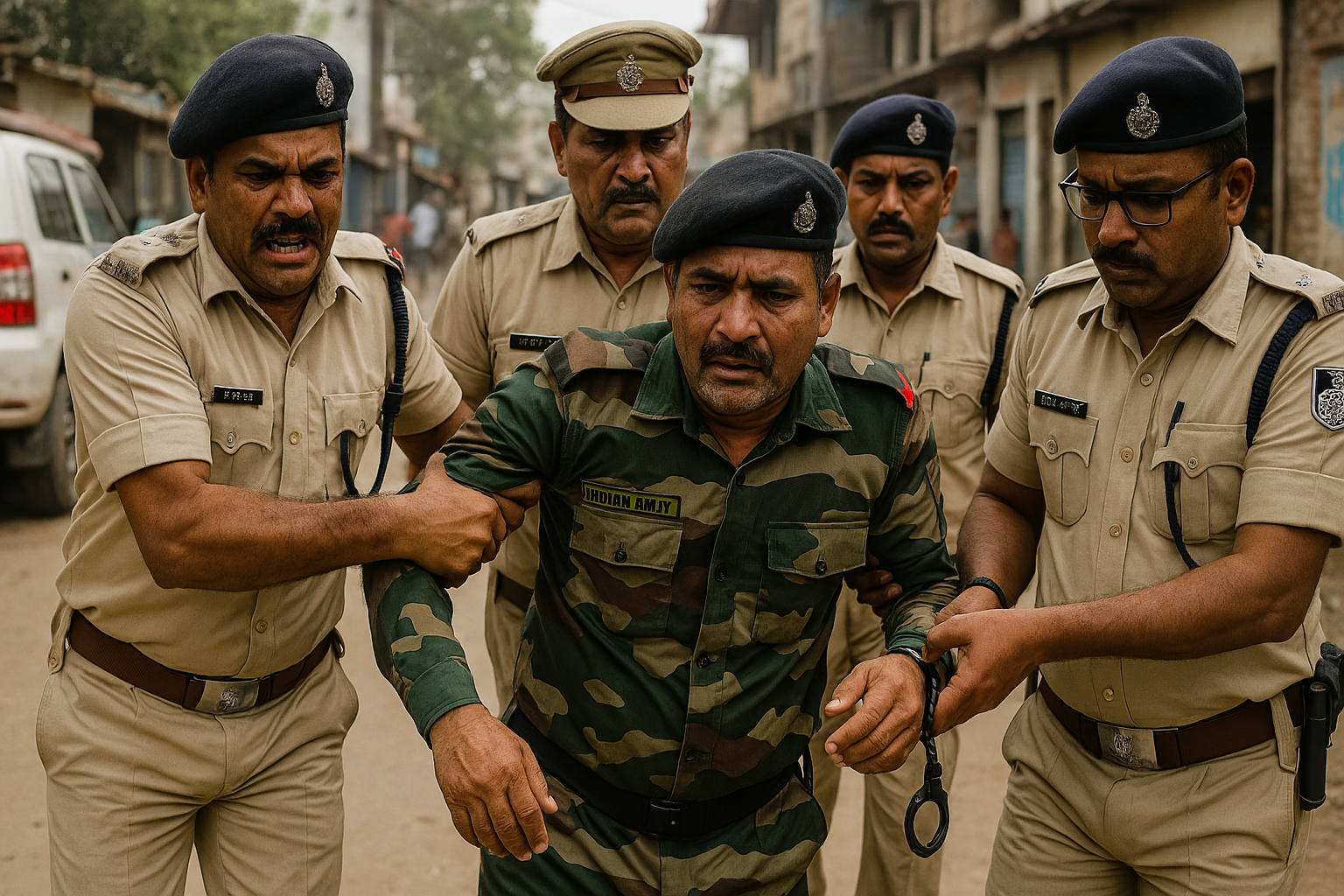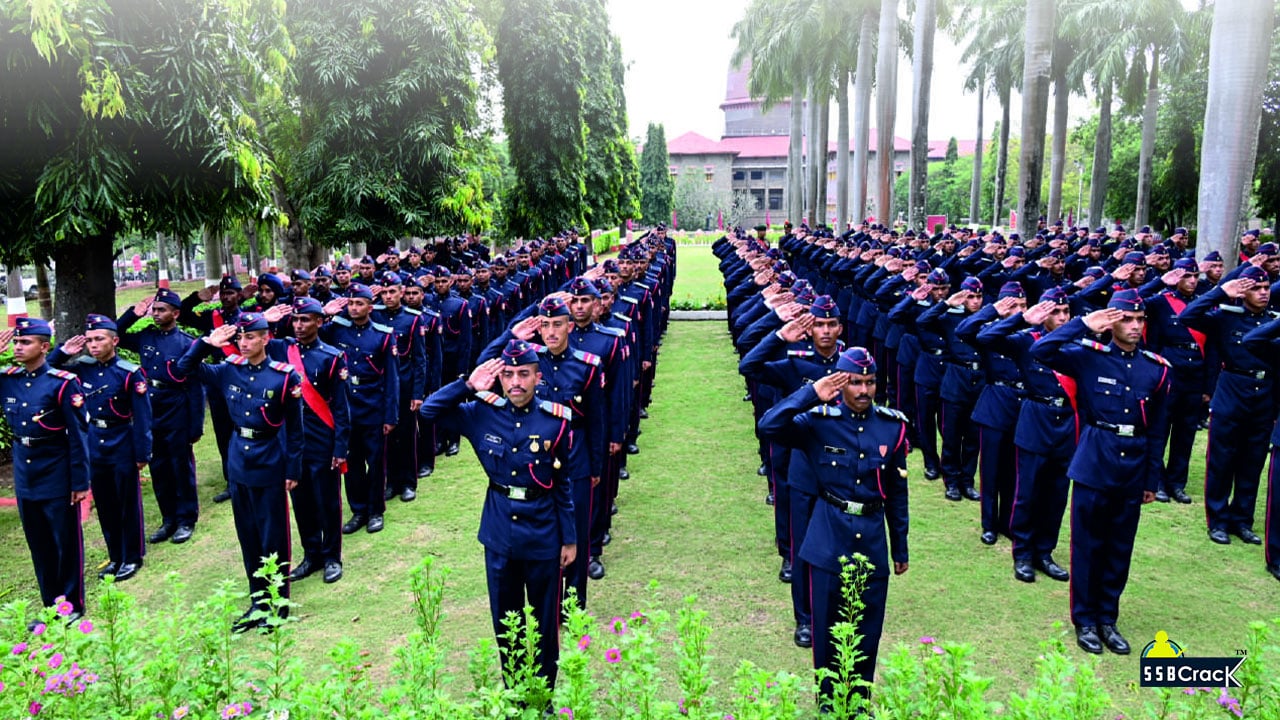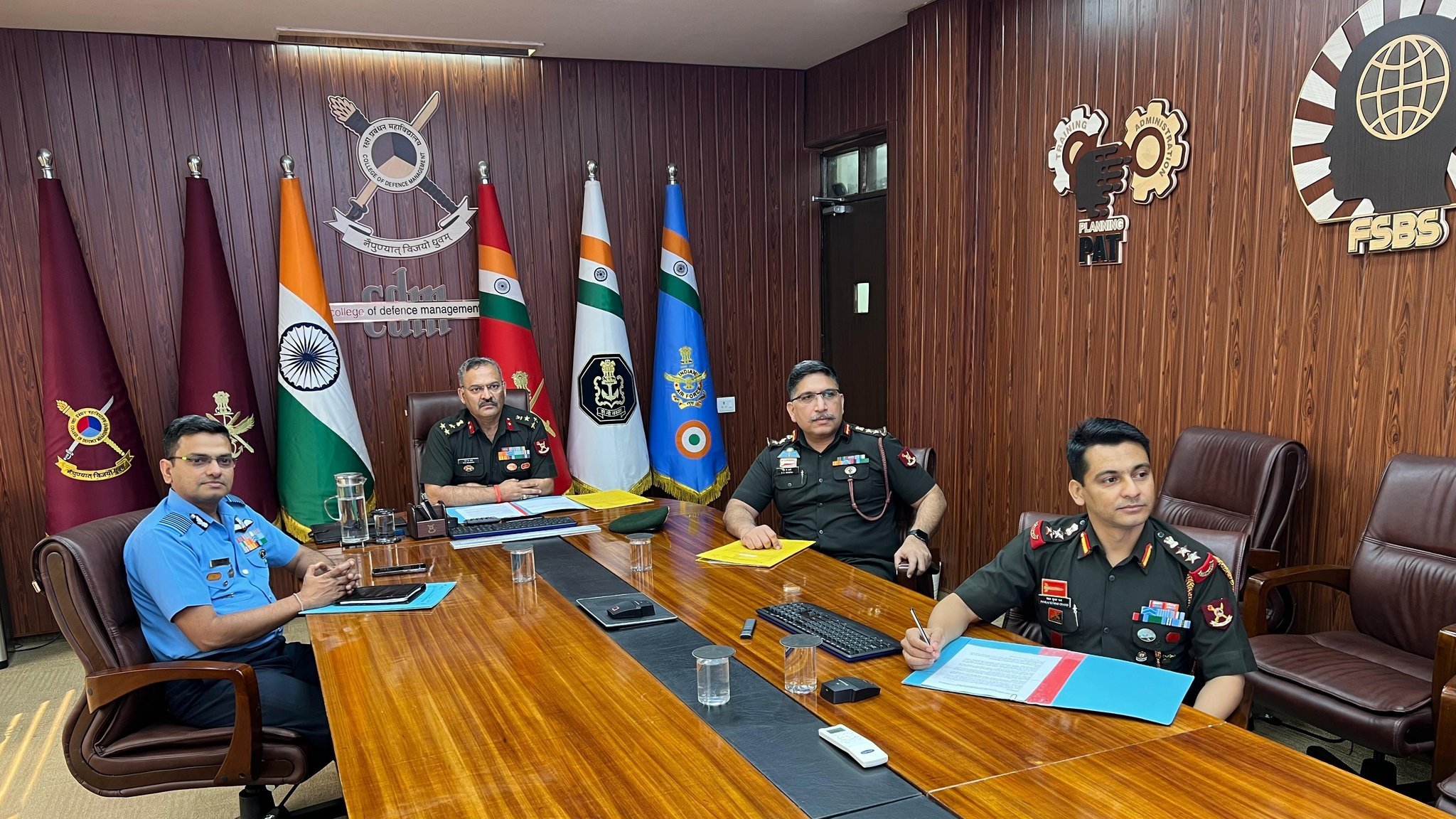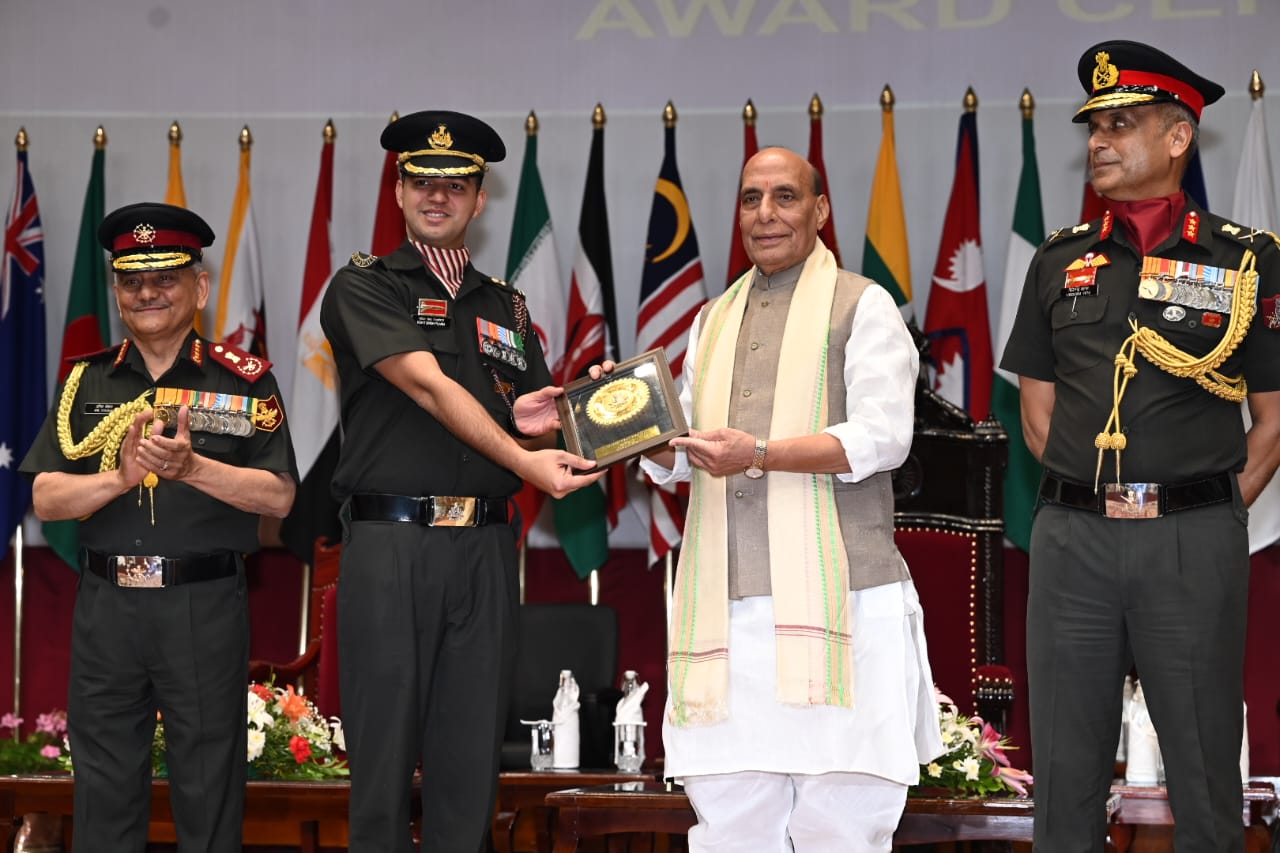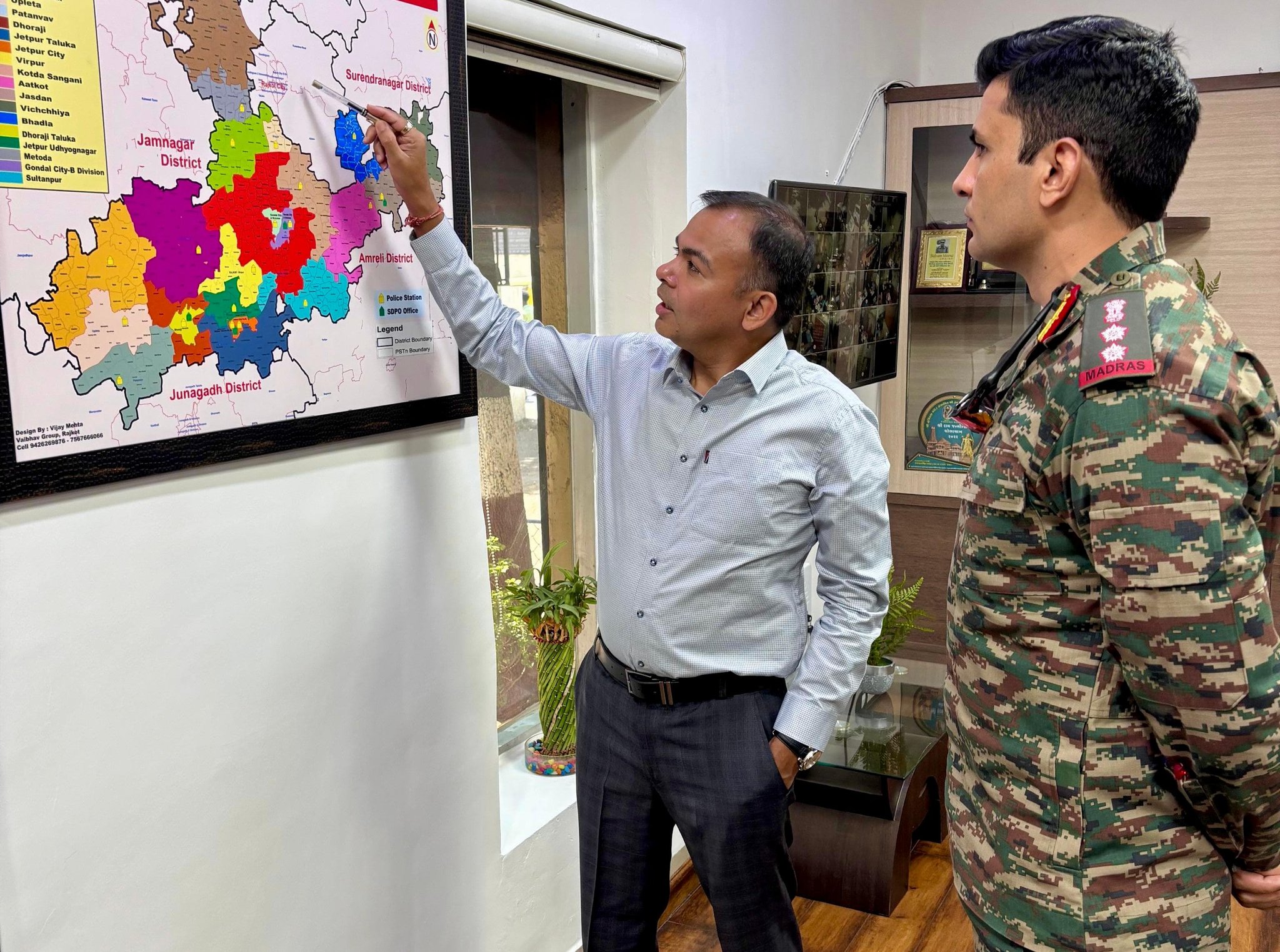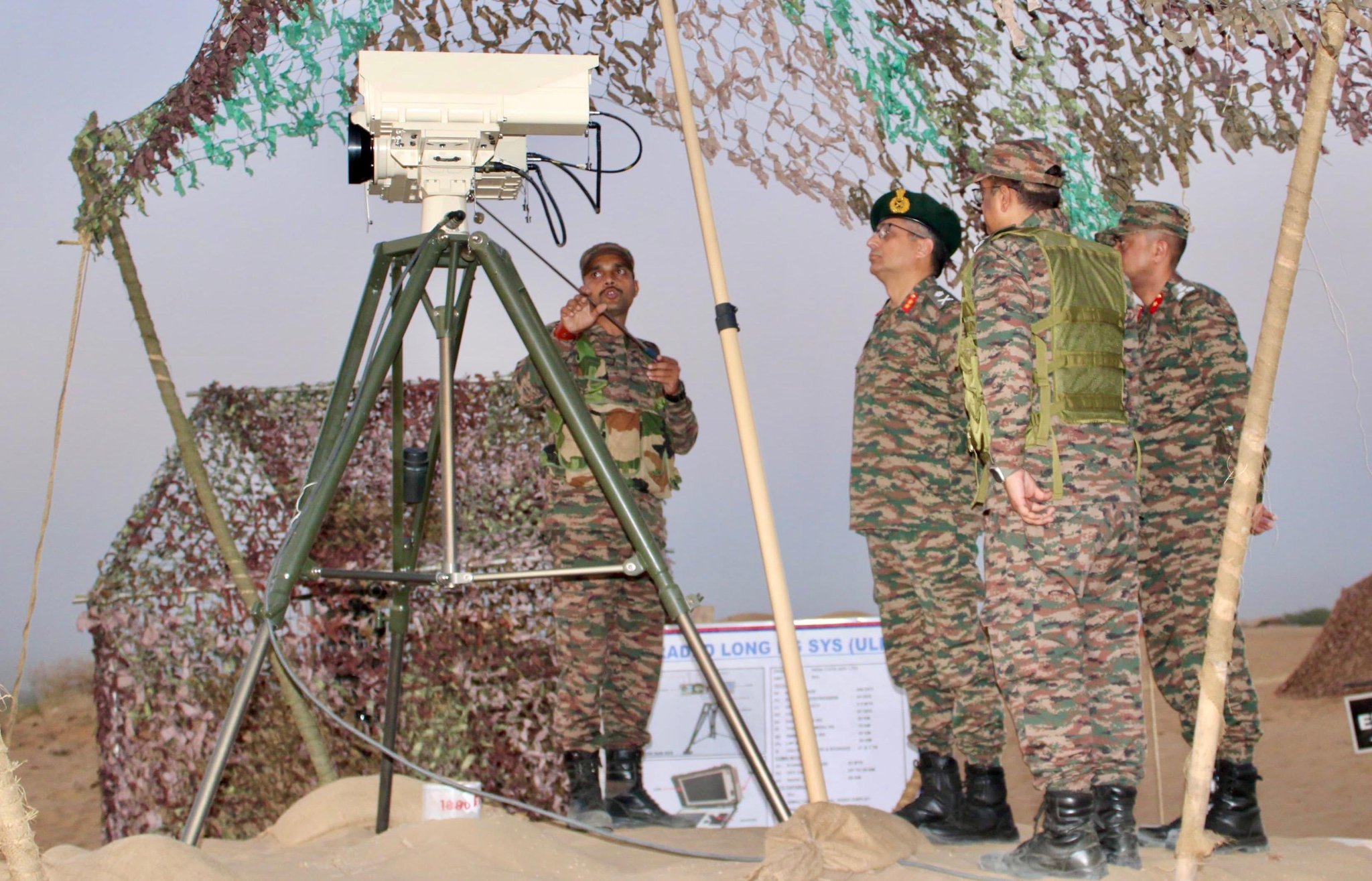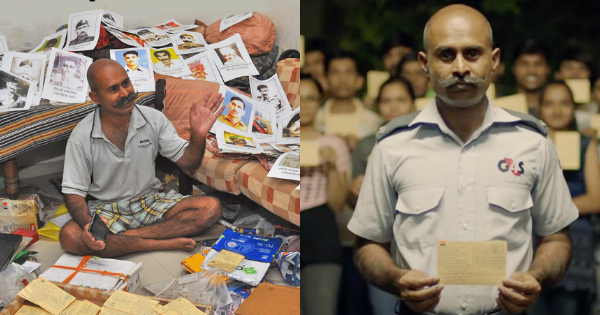 I was scrolling through my Instagram and stumbled upon a heart-warming post, from my favourite ‘military’ writer, Rachna Bisht Rawat, intrigued, I reached out to her, wanting to know more about the man. Rachana responded, following which I contacted the man the man who sparked my intrigue. Here’s the story of Jeetendra Singh, The Man Who Writes to The Families of Martyrs. For most people the martyrdom of a soldier is nothing more than an Instagram post, a column in a newspaper or a notification on a news application, seldom evoking any emotion, perhaps a momentary emotion. For politician’s martyrdom is another cheap gimmick to garner some political mileage. The pain is only felt by the families the soldiers leave behind guarding our frontiers.
I was scrolling through my Instagram and stumbled upon a heart-warming post, from my favourite ‘military’ writer, Rachna Bisht Rawat, intrigued, I reached out to her, wanting to know more about the man. Rachana responded, following which I contacted the man the man who sparked my intrigue. Here’s the story of Jeetendra Singh, The Man Who Writes to The Families of Martyrs. For most people the martyrdom of a soldier is nothing more than an Instagram post, a column in a newspaper or a notification on a news application, seldom evoking any emotion, perhaps a momentary emotion. For politician’s martyrdom is another cheap gimmick to garner some political mileage. The pain is only felt by the families the soldiers leave behind guarding our frontiers.
Now about to turn 40, Jeetendra Singh, is a security guard by profession, residing in Surat. He may appear to be a regular man, like most people we come across, ordinary, unassuming, someone not warranting a second thought, but like everybody, he has a story.
He has been writing letters expressing his gratitude to the families of martyrs since the Kargil War in (1999). “I started writing letters to families of martyrs after 1999 Kargil war and till date have written over 4000 letters to martyrs’ families. I have information and addresses of nearly 38000 army personnel’s families. My objective is to offer my gratitude to the service their sons, husbands and fathers did to the people of India like me,” says an emotional Jitendra Singh.
Hailing from Rajasthan’s Bharatpur district’s Kutkheda village he was brought up in a ‘fauji’ family with generations of his family having served in the Indian army since the Second World War, given his family’s rich military history, it was natural that he had no other ambition other than joining the Indian army. “My family members have been serving in the Indian army since the Second World War and I too wanted to join the army but failed. My father was in the Mahar regiment and during Kargil War, he would mention that the martyred soldier was from his company. From there onwards, I decided to write letters to families to the martyrs,” he said shedding some light on why he decided to start writing letters to the families of our martyred soldiers.
He further elaborated on why he was unable to join the forces, “I tried to join the Indian Army but failed in the physical test by just 1 centimetre with regards to chest and height requirements. I then decided to wear the uniform even if it meant becoming staff of a private security company.”
Though not a member of the forces, he is no less a soldier in spirit. He is a husband and a father, finding it difficult to make ends meet but his passion towards a cause he holds dear remains as unfettered since the day he started, even assembling a proper stationary weighing over nine quintals.
Jitendra gets Rs.10, 400 as salary, despite the financial crunch, deteriorating eyesight, a result of writing letters in dimly lit areas and a family to take care of, his financial restraints have not once stopped him from buying postcards, even installing a stationary weighing over nine quintals.
Expressing his difficulties in sustaining his efforts he said, “When I started, one postcard would cost me around Rs. 15 paise and in last 18 years or so, the cost of one postcard has reached Rs.50 paise. I buy postcards every month.”.
He currently has access to over 3800 families and has expressed his desire to reach even more families. He has tried to contact the Army headquarters in New Delhi to get the addresses of more families, but his request was understandably turned down.
“I have tried to contact army headquarters in New Delhi, in pursuit to get addresses of the families of the martyrs. But they say they can’t provide addresses like this. Therefore, I have been making use of newspapers and other sources of media to collect information and addresses of the families. I just want to tell their families that there is one man in Gujarat who thinks of their well-being,”
When asked if the families of the martyrs write back to him, he replied, “No. Not often. The condition of the martyrs’ families isn’t good and therefore they expect financial help from people who sympathise. I don’t have money to help them. Yes, I have phone numbers of many and some of them remain in touch regularly, but I don’t get letters in reply,”
The remembrance of martyrs and their sacrifice means so much to Jeetendra that he has even named his own son after Hardeep Singh, a martyr from Karnal in Haryana who sacrificed his life in 2003 fighting the terrorists in Jammu and Kashmir.
He has written to the families of the Pulwama martyrs, with his efforts raising funds for them, but has refused any financial assistance for himself.
Jeetendra Singh continues to show the world that you do not need to don a uniform to make a difference and touch lives, and that heroes are defined by their intention, not the profession they are in.
(Aritra Banerjee is a budding defence journalist, who has worked as a content writer at SSBCRACK, India’s leading defence preparatory blog. He is currently working as a Staff Reporter at JJH News. He can be reached at [email protected])
I would also like to thank Mrs Rachna Bisht Rawat, who introduced me to this story and spared time from her work to answer my queries.
About Rachana Bisht
Rachna Bisht-Rawat is a journalist and writer with more than 20 years of experience. The Statesman, Indian Express, Deccan Herald, Outlook, Discover India and Femina are a few publications that she has written for. besides, a few websites like www.yourstory.com and Iconoculture, a global research and advisory company. She has worked with newspapers including Delhi Midday, The Statesman, Financial Express, Indian Express, Deccan Herald and The Hindu, has been atttached with the Leicester Mercury in the United Kingdom, reported on the London tube blasts, TN Seshan’s election campaign and the aftermath of the Kargil war. She has authored five books on the Indian Army, including three for Penguin Random House, one for the Assam Rifles and one detailing the history of her husband Lt Col Manoj Rawat’s regiment – The Three – a history of the elite 3 Engineer Regiment. She has also helped in editing the regimental history of The Fifth Airborne, the Indian Army’s highly decorated Para regiment, to which her late father Brigadier B.S. Bisht, SM, VSM, and her brother Col Sameer Bisht, SM, belong.
Link to Rachna Bisht Rawat’s Blog:
Check out on Amazon:
The Brave: Param Vir Chakra Stories
Shoot, Dive, Fly: Stories of Grit and Adventure from the Indian Army
1965: Stories from the Second Indo-Pakistan War
We aim to highlight the stories the mainstream media chooses to ignore, Kyu Ki Jaagna Jaroori Hai


